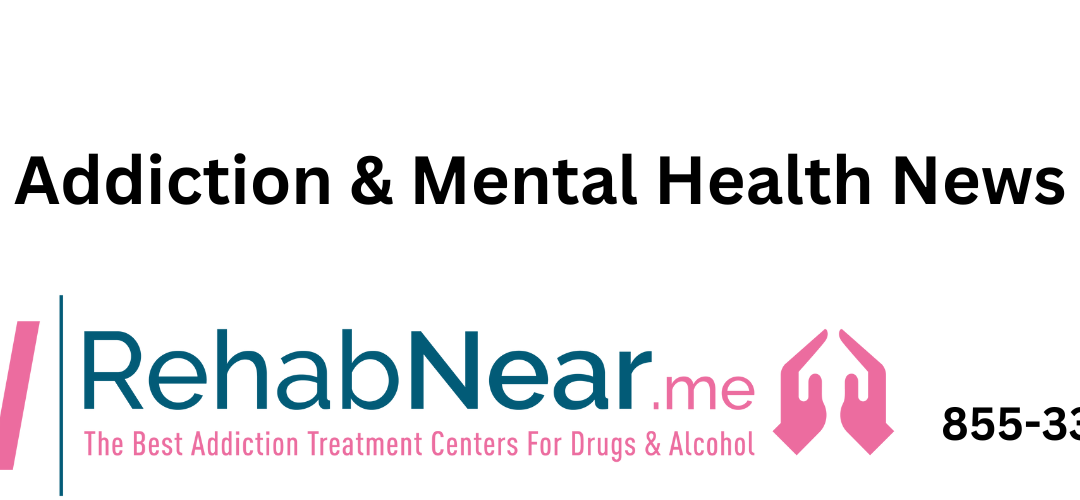What determines mental health, school performance, and even cognitive development? A new review in De Gruyter’s Reviews in the Neurosciences suggests that poverty and low socioeconomic status (SES) are key contributory factors. Other studies have examined the isolated effects of poverty on the brain or on behavior. However, this new review provides the first unified framework that uses evidence from the literature to directly link the brain changes that result from low SES to behavioral, pathological, and developmental consequences.
SES refers to the social standing of an individual or family, and involves factors such as wealth, occupation, educational attainment, and living conditions. As well as affecting day-to-day life, perhaps surprisingly SES can also have far-reaching consequences for our brains that begin in childhood and persist into adulthood.








